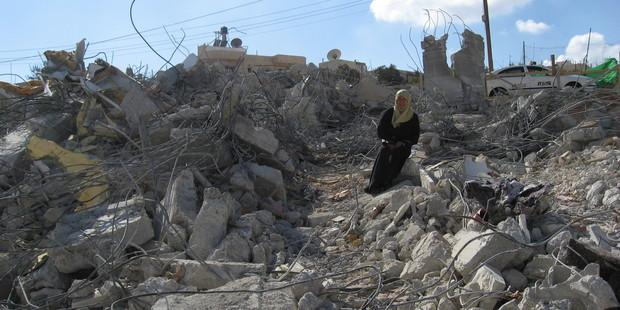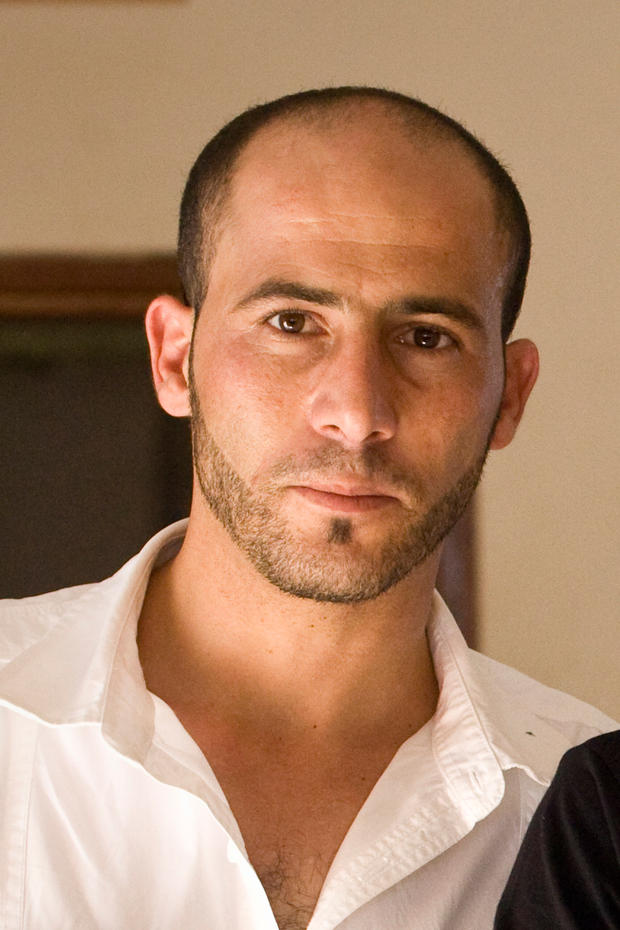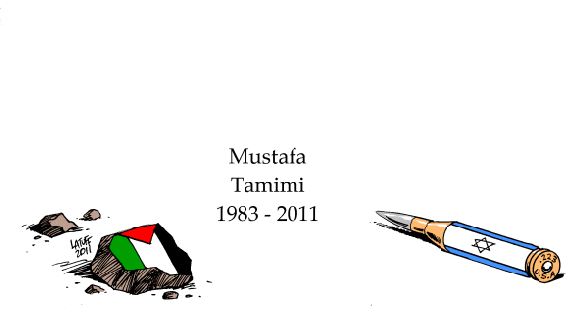Tag: Settlement
-
Record number of Palestinians displaced by demolitions as Quartet continues to talk
13 December 2011 | Amnesty International Israeli authorities have stepped up unlawful demolitions in the West Bank including East Jerusalem over the past year, displacing a record number of Palestinian families from their homes, an international coalition of 20 leading aid agencies and human rights groups said today. The statement comes as the Middle East…
-
The death of a stone-thrower
by Jonathan Pollak 13 December 2011 | Haaretz Mustafa Tamimi threw stones. Unapologetically and sometimes fearlessly. Not on that day alone, but nearly every Friday. He also concealed his face. Not for fear of the prison cell, which he had already come to know intimately, but in order to preserve his freedom, so he could…
-
I was Mustafa Tamimi
by Refaat Alareer 12 December 2011 | In Gaza, My Gaza! Fifteen years ago I was Mustafa Tamimi. Two months before that it was a relative who had his skull smashed by an explosive bullet from an Israeli sniper. Later that same week another neighbor lost his eye. Before and since then, the same situation…



